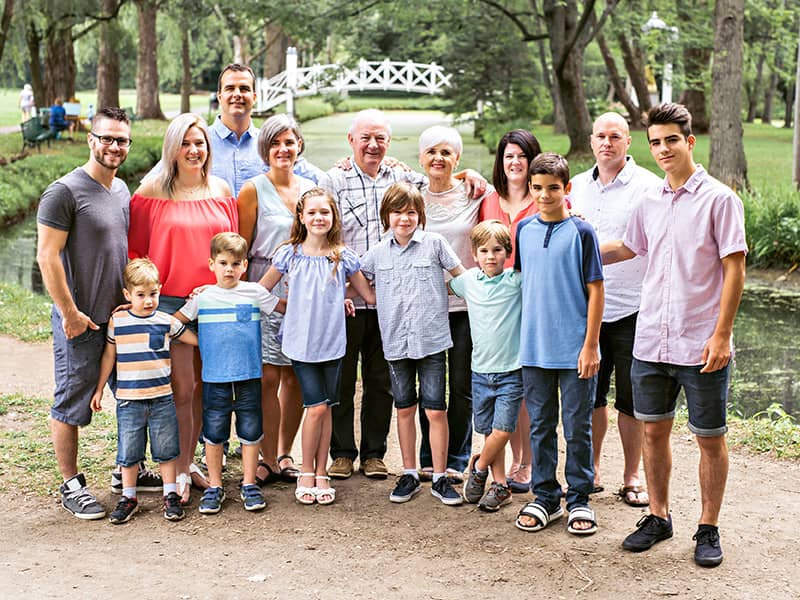The LDS Church may be best remembered for what it didn't do during the 2002 Olympic Winter Games.
It didn't proselytize in public spaces, it didn't monopolize the media, it didn't take charge of an interfaith committee and its morality police took a vacation.
That restraint by The Church of Jesus Christ of Latter-day Saints may actually have generated more media buzz than all the pamphlets and promotion it could buy.
While anti-Mormons spewed invective and Baptists passed out New Testaments to the throngs clogging downtown sidewalks, Mormons retreated to their church grounds and played the gracious, demure host.
"It was a wise and good decision," said Bruce Olsen, head of public affairs for a faith that has 60,000 missionaries scattered around the globe. "If we had missionaries and church members on the streets, I don't think we would have been seen as nearly as welcoming."
Mark Silk, director of the Greenberg Center for the Study of Religion in Public Life at Trinity College in Hartford, Conn., agrees.
"Maybe it's a case of a dog that didn't bark," Silk said. "If they had been dragging people to Temple Square, they might have gotten coverage they didn't want."
Oh, sure, NBC repeatedly used a stunning shot of temple spires silhouetted against the night sky. And there was an army of perky Mormon volunteers to offer assistance at a moment's notice. But before the Games, the church required those volunteers to attend a "hospitality" workshop to make sure they didn't impose their values on the visitors. By and large, they didn't.
"You'll be able to find a drink in Salt Lake City," LDS Church President Gordon B. Hinckley assured NBC News anchor Tom Brokaw in a report aired Friday.
Before the Games began, everyone was worried that Utah, known as a stiff-necked bastion of conservative values, would embarrass itself.
Most of the world's media did at least one Mormon story on the church's history, work ethic, genealogical work and, of course, its famous Mormon Tabernacle Choir. But some also took up polygamy, the church's opposition to gay rights and accusations that Mormonism is not a Christian faith.
Many Utahns, including Latter-day Saints, held a collective breath during the Opening Ceremony, fearing it would be just one more Mormon pageant. When the Mormon story was understated, just one element among the tribal dancing, skating coyotes and giant buffaloes, everyone exhaled, sat back and let the Games begin.
Hinckley and other LDS leaders granted interviews and were visited by President and Laura Bush, U.N. Secretary-General Kofi Annan, German President Johannes Rau and other national and international dignitaries, including representatives from China.
But it wasn't all work for these Mormon leaders--they also went to downhill skating, ice hockey and figure skating ("because their wives wanted to," Olsen said).
All in all, leaders of the LDS Church hope this good will helps heal some of the social division in Salt Lake City.
Utahns from every religious group worked "shoulder to shoulder to host these Olympics and help people have a good experience," Olsen said. "We would love to see that continue and be a part of the legacy of these Games."

